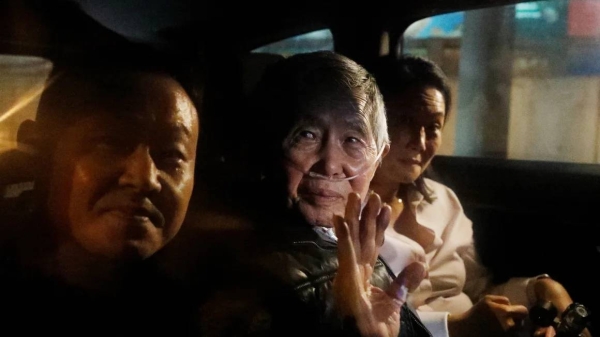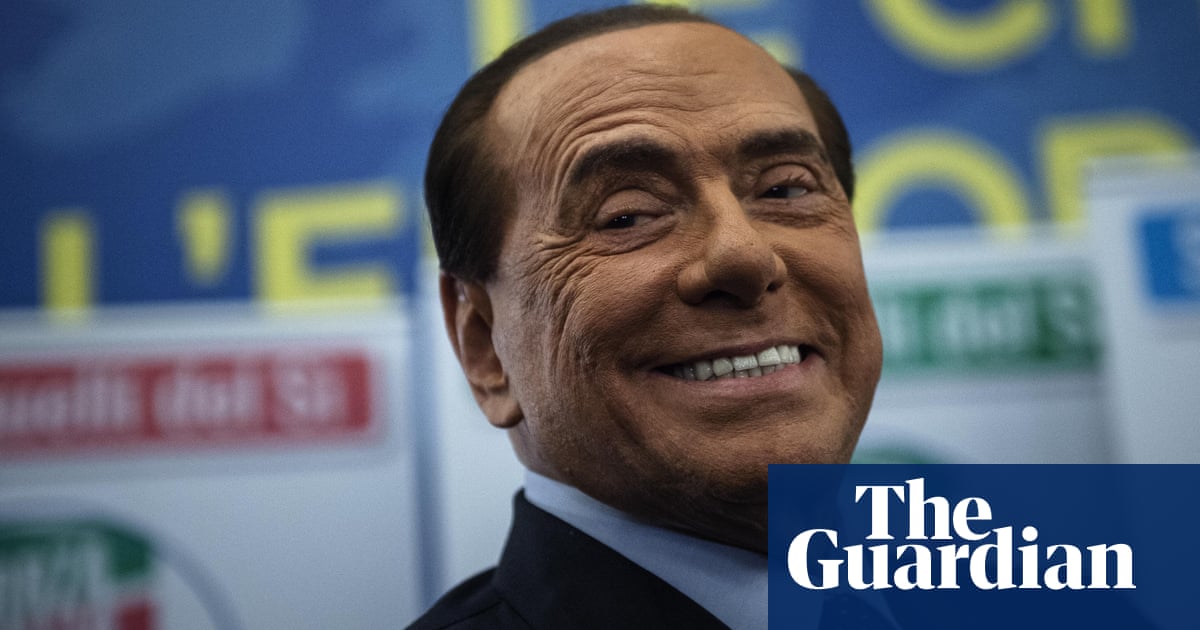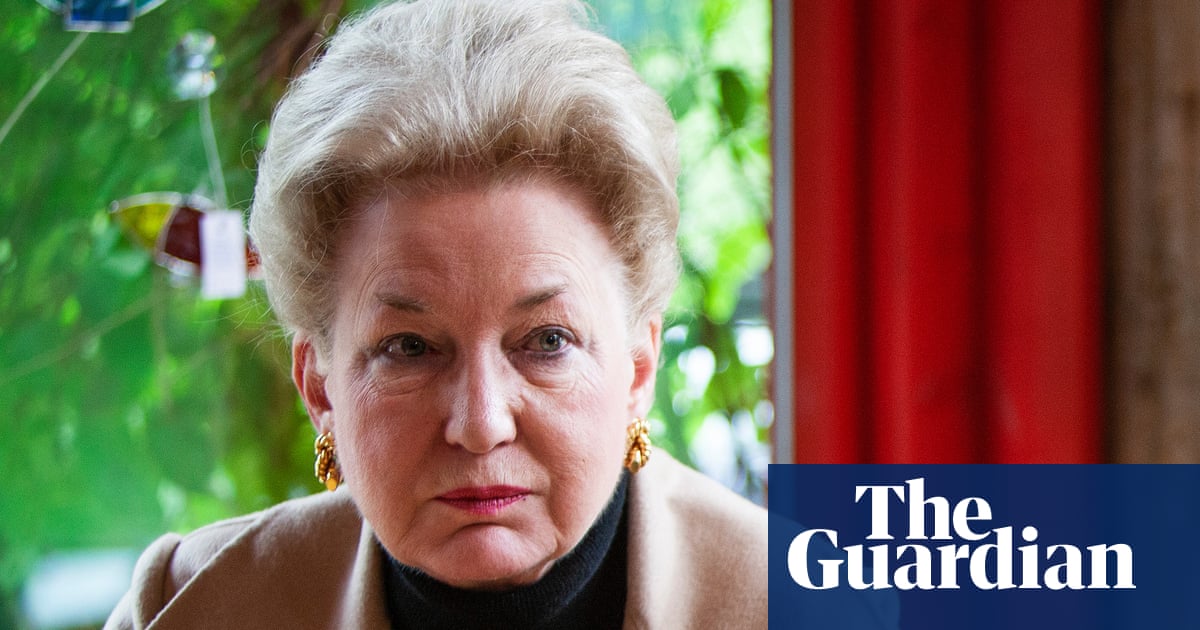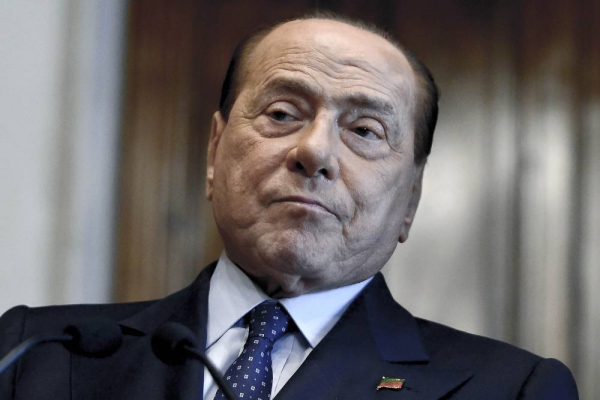
Alberto Fujimori, Peru’s former strongman leader throughout the 1990s and the country’s most divisive leader, has died aged 86, just 10 months after he was granted a pardon and freed from jail.
The ex-president died at the home of his daughter and political heiress Keiko Fujimori in the Peruvian capital Lima on Wednesday evening.
“After a long battle with cancer, our father, Alberto Fujimori, has just left to meet the Lord. We ask those who loved him to accompany us with a prayer for the eternal rest of his soul,” his daughter Keiko posted on X, adding her name and those of her three siblings; Hiro and Sachie and Kenji.
Fujimori, who governed Peru from 1990 to 2000, remains a highly divisive figure in Peru. The former agronomist of Japanese heritage inspired unquestioning loyalty from his followers – despite being jailed for corruption and human rights crimes – and opprobrium from his detractors for his iron-fisted decade in power.
His autocratic leadership in the 1990s left an enduring legacy which continues to shape politics in Peru to this day, as his daughter Keiko – a three-time presidential candidate – leads a right-wing populist political movement.
His supporters credit him with stamping out the Maoist Shining Path movement and putting the economy back on track after rampant hyperinflation. Many others believe he ruled as an iron-fisted dictator during his decade in power, which was marked by widespread human rights abuses and rampant corruption.
“Alberto Fujimori should be remembered as Peru’s best ever president and most Peruvians recognise it,” said Jackeline Quispe Mendoza, a supporter who attended a vigil outside the family home on Wednesday night.
“He defeated the Shining Path in the 1990s and the cruel and bloodthirsty terrorist Abimael [Guzmán].”
In 2009, Fujimori was convicted of kidnapping and murder and sentenced to 25 years in what was described as a landmark ruling for human rights cases in Latin America.
He was released from prison in December 2023 after Peru’s constitutional court ruled he should be granted a humanitarian pardon, even though the inter-American court of human rights asked the Peruvian state to “refrain from executing the order”.
Fujimori, a former university professor, burst on to the political scene in 1990 as an “outsider” presidential candidate, winning a surprise victory against writer and Nobel prize winner Mario Vargas Llosa.
Despite his government’s violent repression, he remained relatively popular even after dissolving Congress in April 1992.
But after a rigged election in 2000 and videos that emerged showing Fujimori’s spymaster Vladimiro Montesinos bribing lawmakers with stacks of cash, Peruvians tired of his government’s rampant corruption.
Soon after – on an official trip to Asia – Fujimori fled to Japan, his parent’s homeland, and resigned by fax, just as he was about to start a third term in 2000.
In 2005, after five years in Japan, he attempted to make a political comeback and was arrested in Chile from where he was extradited in 2007 to face trial in Peru.
For many Peruvians, it was a reckoning long overdue. Carlos Rivera, a human rights lawyer at the Legal Defense Institute and a prosecutor in Fujimori’s trial, said the former leader will be remembered for his “crimes against humanity”.
In 2009, Fujimori was convicted of ordering two massacres carried out by the army death squad Grupo Colina.
“He died refusing to acknowledge the grave crimes he committed during his ten-year reign, from grave human rights violations to massive corruption,” Jo-Marie Burt, professor of political science at George Mason University, told the Guardian.
“Some may laud him for his economic stabilisation policies or for ending the Shining Path insurgency. But the harm he wrought to civic life, the cynicism he embedded in the political system, his cavalier justification of murder to achieve his ends – is the dark legacy that Peru has yet to fully grapple [with].”












